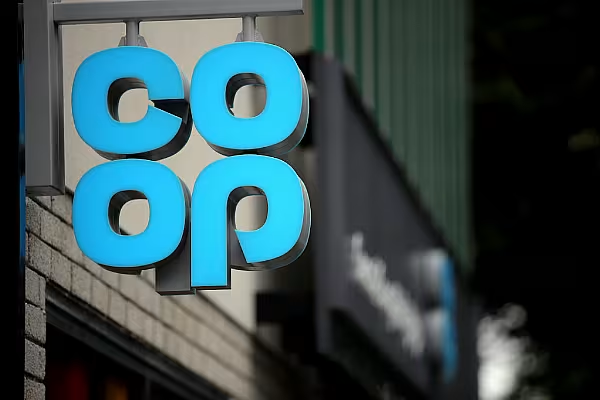Britain's Co-operative Group has said that additional costs associated with the coronavirus crisis could be up to £275 million (€315 billon).
The owner of the country's sixth largest supermarket chain, said the extra costs would in part be offset by increased food sales and the business rates holiday from the government.
Estimated in a range of £200 million to £275 million, the additional costs include increases in payroll, logistics, store expenses, investment in staff safety and the impact of social distancing measures.
Earlier this month, supermarket leader Tesco estimated a hit of up to £925 million from the costs of dealing with the pandemic. No. 2 player Sainsbury's is due to report results next Thursday.
The Co-op, owned by its members, operates over 2,600 food stores, more than 1,000 funeral homes, and provides products to over 5,100 other stores. Employing over 63,000, it also has interests in insurance, legal services and health.
Strategy Review
"Against the backdrop of COVID-19 we will review the strategy we had embedded across our businesses, aligning commercial and community objectives," said chief executive Steve Murrells.
For the year to January 4, 2020, its total revenues grew 7% to £10.9 billion.
Revenue at the group's food business rose 3% to £7.5 billion last year, with like-for-like sales rising by 1.9%.
The Co-operative has now delivered six years of like-for-like revenue growth in its food operations, it said.
Headline underlying pretax profit rose 50% to £50 million.
The Co-op nearly collapsed in 2013 after a £1.5 billion funding "hole" was found in its banking operation. It has since recovered strongly, aided by the shift in Britons' grocery shopping habits toward more frequent trips to smaller convenience stores - the mainstay of its business. It no longer has a stake in the bank.
News by Reuters. Click subscribe to sign up to ESM: European Supermarket Magazine.











